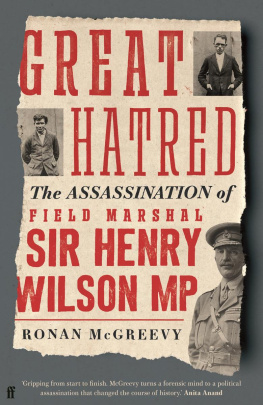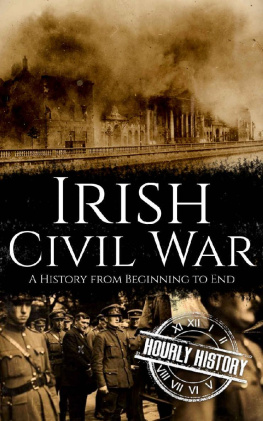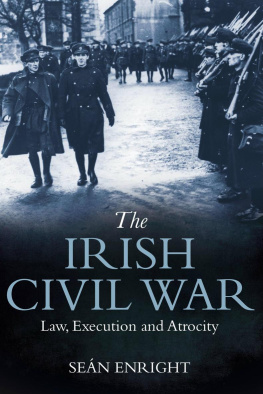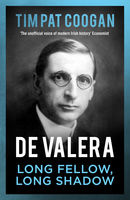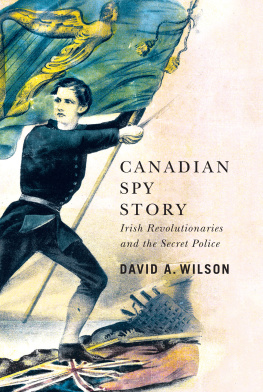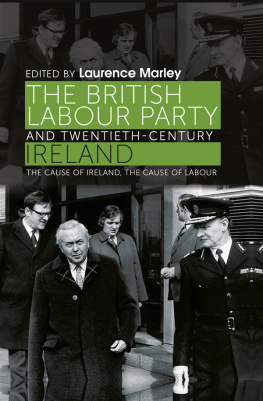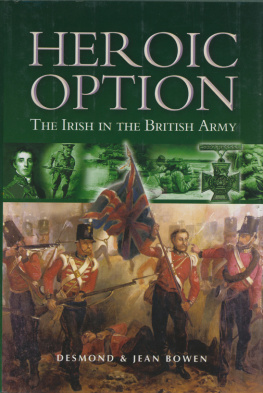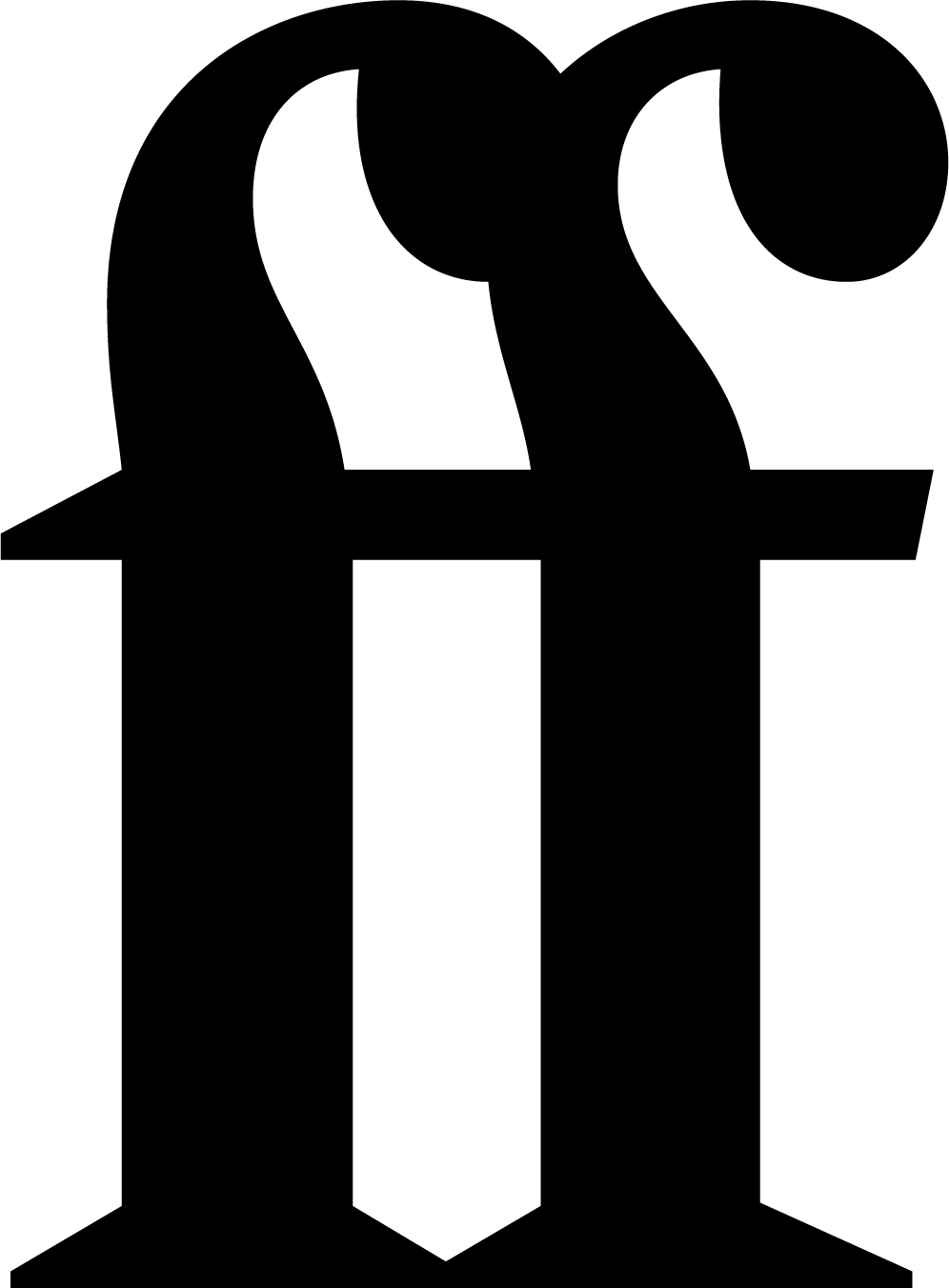16061630: King James I orders the plantation of Ulster following the defeat of northern Gaelic chieftains and the Flight of the Earls in 1603. The king grants land in six counties west of the Bann Derry, Donegal, Fermanagh, Tyrone, Cavan and Armagh to English and Scottish settlers.
1641: Ulster explodes into open warfare between English and Scottish settlers and the native Irish.
1690: William of Orange defeats the exiled King James II at the Battle of the Boyne. The battle is decisive in consolidating Protestant domination in Ireland. Around this time the Wilson family arrive in Ireland.
17821800: Short-lived Irish parliament, which ends following the 1798 rebellion against British rule. The parliament is abolished in 1800 under the Act of Union. Henceforth, Irish MPs will sit only in Westminster. For the whole of the nineteenth century, Irish nationalists campaign for an end to the Act of Union.
1864: Henry Wilson is born in Currygrane, County Longford.
1867: The Fenians stage a short-lived rebellion.
1870: Isaac Butt forms the Home Rule Association, which campaigns for self-government for Ireland within the United Kingdom.
1874: The Irish Parliamentary Party is created to elect MPs to the Westminster parliament, with the goal of achieving home rule for Ireland. The party dominates Irish electoral politics until 1918. xiv
1886: The first Home Rule Bill is introduced into the House of Commons by British prime minister William Gladstone but is defeated. Sectarian riots hit Belfast and dozens are killed. Unionist opposition coalesces to oppose home rule with the phrase Ulster will fight and Ulster will be right.
1893: A second Home Rule Bill is passed in the House of Commons but defeated in the House of Lords.
April 1912: The Irish Parliamentary Party again holds the balance of power in Westminster. A third Home Rule Bill is passed in the House of Commons. This time the power of the House of Lords to defeat it is curbed. It is due to become law in 1914.
January 1913: The Ulster Volunteer Force (UVF) is formed to defend any attempt to impose the Home Rule Bill on Ulster.
November 1913: The Irish Volunteers is formed as a counterweight to the UVF.
March 1914: The Curragh Incident occurs. More than fifty British army officers based in Ireland indicate that they will resign their commissions rather than move against Ulster. The proposed mutiny convinces many Irish nationalists that the British cannot be trusted to implement home rule. Wilson is involved behind the scenes.
April 1914: The UVF smuggle twenty thousand German rifles with three million rounds of ammunition into the port of Larne.
July 1914: The Buckingham Palace conference takes place between nationalist and unionist leaders over the implementation of home rule, but no agreement is reached.
4 August 1914: The First World War breaks out and Wilsons plan to deploy the British Expeditionary Force (BEF) on the left of the French army comes to fruition. The Germans are stopped at the Battle of the Marne in early September. xv
September 1914: The Home Rule Act becomes law but is suspended for the duration of the war.
April 1916: The Easter Rising occurs in Dublin. Rebels who take up arms against the British reject home rule, which would have given Ireland self-government within the United Kingdom. Instead they want an independent Irish republic. The British execute sixteen leaders of the Rising.
February 1918: Wilson takes over as Chief of the Imperial General Staff from Field Marshal Sir William Robertson.
March 1918: Legislation to introduce conscription into Ireland is passed after the German Spring Offensive begins. Plans to assassinate the British cabinet are put in place but dropped when conscription is not implemented.
January 1919: Sinn Fin, which wins a landslide victory in Ireland in the 1918 British general election, convenes the first Dil. On the same day the Irish War of Independence begins with the Soloheadbeg ambush.
September 1919: Unionist leader Sir James Craig says he will not oppose a parliament for Ulster provided it consists of six counties with a Unionist majority rather than the nine counties of the historic province.
October 1920: The Lord Mayor of Cork Terence MacSwiney dies on hunger strike in Brixton Prison. Michael Collins orders the assassination of members of the British cabinet in retaliation.
December 1920: The Government of Ireland Act 1920 becomes law. It creates two home rule parliaments and divides Ireland on a twenty-six/six-county basis. The act is rejected by Sinn Fin, which demands full independence, but Ulster unionists accept it.
22 June 1921: King George V opens the Northern Ireland parliament and makes a conciliatory speech, saying: I appeal xvi to all Irishmen to pause, to stretch out the hand of forbearance and conciliation, to forgive and to forget, and to join in making for the land which they love a new era of peace, contentment, and goodwill.
11 July 1921: A truce is called between crown forces and republicans to allow for talks about the future of Ireland.
6 December 1921: The Anglo-Irish Treaty is signed, setting up the Irish Free State. Nationalists believe partition will be a temporary issue as Clause 12 of the Treaty provides for a Border Commission. Many nationalists are confident that the commission will make Northern Ireland so small as to render it unviable. Wilson regards the Treaty as a surrender to the murder gang.
7 January 1922: The Treaty is ratified narrowly by the Dil by sixty-four votes to fifty-seven. On 16 January Dublin Castle, the administrative centre of British rule in Ireland, is handed over to the Provisional Government. Michael Collins and Sir James Craig agree a pact to end the violence in the North, but it quickly breaks down.
February 1922: Field Marshal Sir Henry Wilson retires as Chief of the Imperial General Staff on 19 February and is elected unopposed as MP for North Down two days later.
March 1922: Sir James Craig announces that Wilson is to be the military advisor to the Northern government. Wilson writes to Craig telling him that Ireland is in a welter of chaos and murder difficult to believe, impossible to describe. He also says that Britain needs to re-establish order in the South of Ireland. The worst atrocity of the Belfast pogroms occurs on 24 March, when six members of the McMahon family are murdered in their homes. A second CraigCollins pact is signed but it again breaks down. xvii
14 April 1922: Anti-Treaty IRA militants, led by Rory OConnor, occupy the Four Courts and several other buildings in central Dublin in defiance of the Provisional Government.
16 June 1922: The Irish constitution is published on the morning of the general election. The constitution retains the oath of allegiance to the British monarch. The twenty-six counties go to the polls for the first time as an independent country, with pro- and anti-Treaty Sinn Fin candidates on the ballot, along with Labour, independents and other parties who are largely pro-Treaty.
1620 June 1922: The result of the general election shows an almost four to one split to candidates in favour of or neutral to the Treaty. The Provisional Government see it as a mandate to govern.

